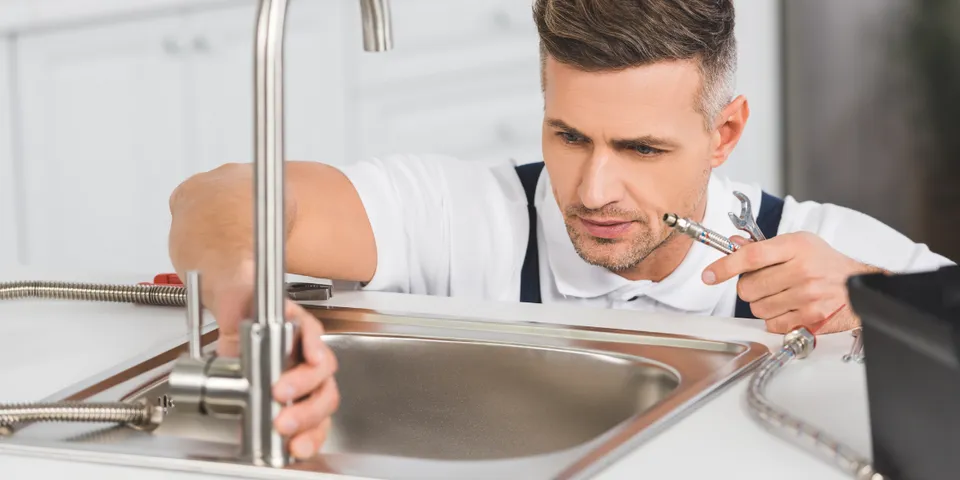Rubber O-rings are found on plumbing, electronics, car parts, and other goods people use every day. They block pathways to keep gases and liquids from escaping. There are various forces that can affect their ability to function correctly. To avoid gas and liquid leaks, here is a guide to why these seals fail and how to prevent it.
 Rotation and other repetitive motions of machinery’s mechanical components can cause abrasion on rubber O-rings. This happens when the outer portion of the O-ring rubs against the housing, forming wear marks, scratches, and breaks.
Lubricating o-rings or switching to high-resistance versions should help increase their longevity. Draining machinery fluids to remove abrasive contaminants also helps prevent excessive friction.
Rotation and other repetitive motions of machinery’s mechanical components can cause abrasion on rubber O-rings. This happens when the outer portion of the O-ring rubs against the housing, forming wear marks, scratches, and breaks.
Lubricating o-rings or switching to high-resistance versions should help increase their longevity. Draining machinery fluids to remove abrasive contaminants also helps prevent excessive friction.
What Causes O-Ring to Wear Down Over Time?
1. Chemical Swelling
O-rings are made from a wide variety of materials, including EPDM rubber, fluorocarbon, and polytetrafluoroethylene. The material must be compatible with the substances it is meant to contain. When an O-ring isn’t compatible with a chemical, the chemical could penetrate the seal, either partially or all the way through. When this happens, the seal swells to the point where it can no longer do its job. You might notice areas where the O-ring is protruding due to the volume increase. To avoid this concern, only use O-rings that are compatible with the surrounding environment. You can reference chemical compatibility charts to make the right decisions.2. Abrasion
 Rotation and other repetitive motions of machinery’s mechanical components can cause abrasion on rubber O-rings. This happens when the outer portion of the O-ring rubs against the housing, forming wear marks, scratches, and breaks.
Lubricating o-rings or switching to high-resistance versions should help increase their longevity. Draining machinery fluids to remove abrasive contaminants also helps prevent excessive friction.
Rotation and other repetitive motions of machinery’s mechanical components can cause abrasion on rubber O-rings. This happens when the outer portion of the O-ring rubs against the housing, forming wear marks, scratches, and breaks.
Lubricating o-rings or switching to high-resistance versions should help increase their longevity. Draining machinery fluids to remove abrasive contaminants also helps prevent excessive friction.



